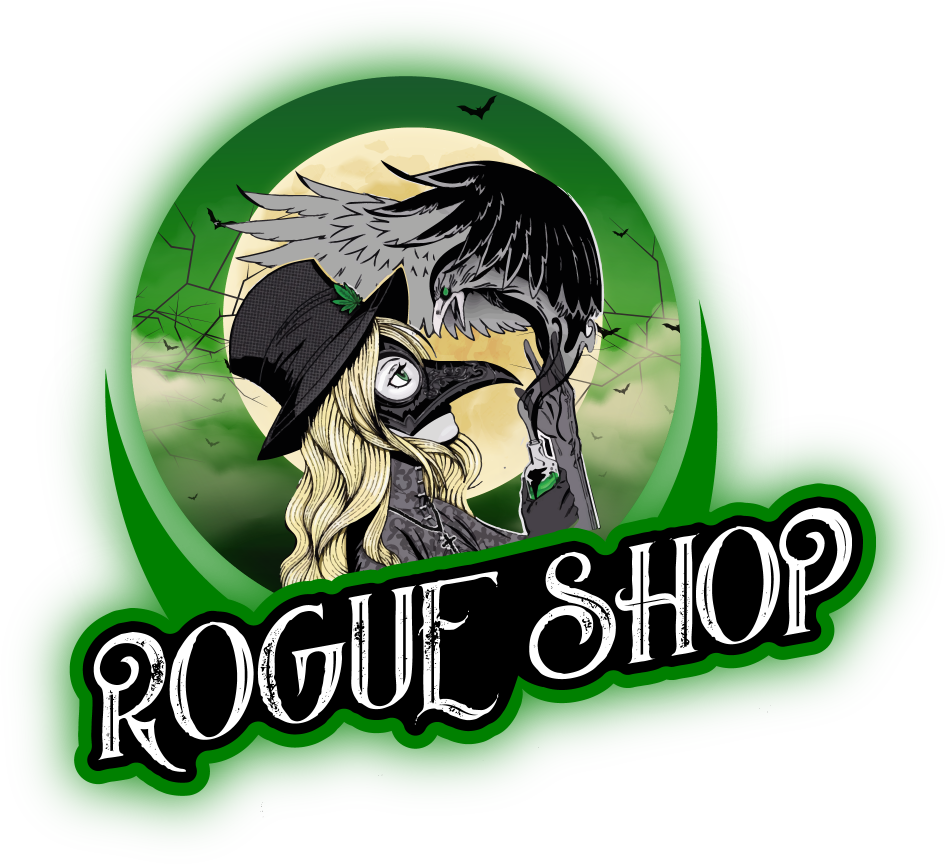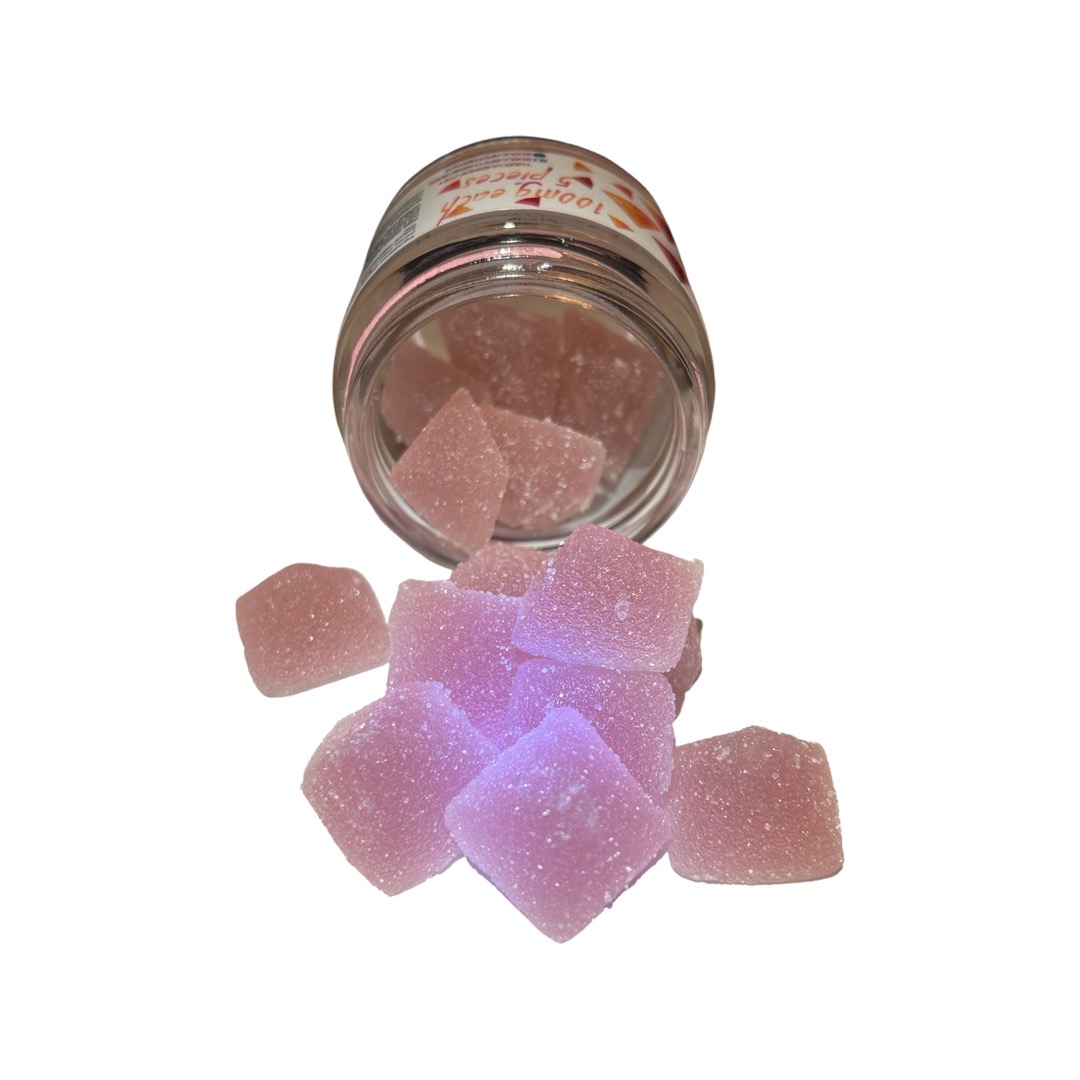What is HHC?
The cannabis plant contains over 400 cannabinoids and terpenes that may have health advantages. Cannabinoids are thought to interact with neurotransmitters to create a variety of effects that support healthy immunological function, a sense of well-being, relaxation, and may aid in stress management and sleep. While the majority of cannabis research has focused on cannabidiol (CBD) and tetrahydrocannabinol (THC), there is one cannabinoid that has received less attention. It’s called hexahydrocannabinol (HHC), and it’s swiftly gaining favour in the wellness field due to its similar effects to delta-9 THC’s molecular composition.
HHC has extremely similar effects to natural THC in terms of recreational intoxication for people interested in using cannabinoids to achieve their wellness goals.
History
Roger Adams, an American chemist, invented it in 1944 by adding hydrogen molecules to Delta-9 THC. THC is converted to hexahydrocannabinol through a process known as hydrogenation (HHC).
Hydrogenation is used for more than just cannabis synthesis. A similar method is used to transform vegetable oil into margarine.
While Adams derived HHC from conventional cannabis-derived THC, the cannabinoid is now commonly derived by a technique that begins with hemp, the low-THC cannabis plant that Congress made federally legal in the 2018 agriculture bill.
What is HHC, anyway?
HHC is a THC cousin that has long been known to research but was rarely mentioned by cannabis users until lately. It is a minor cannabinoid found naturally in cannabis, but in insufficient quantities to make extraction cost-effective.
By changing the chemistry of the molecules, most cannabinoids can be transformed to other cannabinoids. Commercial HHC, like delta 8 THC and delta 10 THC, is created in a lab using chemical methods from hemp-derived CBD. It has one significant legal advantage over delta 8 and delta 10: it is not referred to as THC.
How is it different from THC or Delta-8?
The primary distinction between HHC and Delta 8 is that it is a natural phytocannabinoid, whereas Delta 8 is a THC homologue. It’s only found in trace levels in Cannabis sativa, although Delta 8 can be synthesised. Both strains bind to the CB1 receptor, although HHC does so more efficiently.
How is HHC made?
It is naturally present in cannabis plants, but only in trace levels. To have enough HHC to use and sell, it must be manufactured in a laboratory. As a result, it can be classified as both a natural and a semi-synthetic cannabinoid.
Hydrogenation results in the formation of HHC. CBD or THC is taken from hemp plants before being distilled and separated. The base is this powder substance, which is then chemically saturated with hydrogen atoms, breaking open the double bond and replacing it with two hydrogen atoms. It is then subjected to a catalyst, such as nickel or zinc, which aids in the conversion of the THC to HHC.
The entire hydrogenation process takes place within a chemical reactor, and the result is a dark, golden oil known as HHC. This oil is then refined and distilled before being turned into a useable product.
What is its effects on the body and mind?
HHC has been shown to have some unusual consequences. Although it is not a THC molecule, it does provide a THC-like effect. Many users think it has the effect of a Sativa.
So, what exactly does that mean? Let’s get started:
HHC, like Delta 8 and Delta 9, interacts with the body’s endocannabinoid system, causing it to have a variety of effects. Users describe HHC’s effects as a cross between Delta 8 and Delta 9 THCs. It is believed to provide the euphoric pleasure of Delta 9 with a “energy-like” experience, but it may also provide an overall sense of tranquilly, similar to Delta 8. Users have noted that, unlike Delta 8, it does not make them feel sleepy or weary.
It’s users have claimed euphoria and cerebral stimulation, while others have noted mental clarity, pain alleviation, and feeling more energised. While much remains unclear about it, there have been no reports of negative effects or overdose among users.
Does HHC Cause a High and How Strong Are Its Effects?
Yes, it produces a similar high to THC but with the soothing and sedative properties of delta-8 (and perhaps delta-10). The number of carbons on the alkyl side chain of an HHC high is what makes it similar to THC and delta-8. Because all three cannabinoids have five-carbon side chains, they attach to your cannabinoid receptors fairly well.
Mild-to-moderate doses are likely to produce euphoria, visual distortions, cognitive impairment, and somatic feelings. It is uncertain whether these effects are overpowering. However, because it’s roughly 70-80% the power of THC, we believe that excessive doses could provide an intense and sometimes unpleasant euphoric high.
Does HHC show up on a drug test?
It is unknown whether it will show up on a drug test.
THC-COOH, a major metabolite of THC generated in the body following THC ingestion, is detected by drug testing.
According to preliminary research on animal test subjects, HHC metabolises into 8alpha-hydroxy-HHC and 8beta-hydroxy-HHC, both of which are identical to THC-COOH.
Does this imply that HHC metabolites can be detected through drug testing? The researchers are unsure. There have been no further investigations to determine whether HHC metabolites are detected by drug tests or are responsible for false-positive outcomes.
There is also the issue of residual or remaining THC in HHC products following chemical hydrogenation. If the amount of leftover THC in your urine exceeds 50 nanograms per millilitre of THC-COOH after metabolization, you risk failing a drug test.
If you have an upcoming drug test, we recommend avoiding it and related products just to be cautious.
Is it safe to consume?
The short answer is that hemp-derived HHC products are safe to ingest. The primary constituent in these products, HHC distillate, is safe when produced under adequate conditions. However, not all HHC distillates are of high quality; the sector is rife with con artists who cut corners and produce potentially hazardous goods.
You can study the corresponding third-party certificate of analysis to determine whether an HHC product is legitimate and safe (COA). Leading third-party laboratories typically test HHC goods for a wide range of contaminants, such as mycotoxins, heavy metals, microorganisms, and residual solvents. When producers have this report, it gives their products a clean bill of health, meaning they are safe to consume.
Can you vape it?
Yes, We also sell HHC vape cartridges in addition to HHC gummies and other products.
Is hexahydrocannabinol legal?
According to the 2018 Farm Bill, natural hexahydrocannabinol is federally legal cannabis. According to the Farm Bill, hemp and hemp-derived cannabinoids can be sold lawfully if they contain no more than 0.3% Delta 9 THC. In essence, HHC contains no Delta-9 THC and, if hemp-derived, is a federally protected cannabinoid.
Despite this, the FDA’s Interim Final Rule (IFR) declares synthetic hemp cannabinoids to be prohibited. It naturally occurs in cannabis and hemp, although in minute levels, which is why manufacturers utilise a laboratory procedure. When it becomes popular enough, it is likely to follow the Delta-8 THC trajectory, in which it begins as federally lawful but is eventually banned by specific states. Purchasing HHC is currently legal.
Benefits
The advantages of HHC are mostly unknown. There has been little investigation which can assist you, while preliminary preclinical tests on animal test subjects suggest it has pain-relieving and anti-cancer qualities.
Leaving scientific study aside, we may say that the benefits of HHC are primarily the same as those of THC due to their chemical similarities and affinity with cannabinoid receptors. These advantages may include:
Appetite stimulation
Anxiety
Depression
Insomnia
Pain
Inflammation
Side effects:
So far, preliminary research indicates HHC has a safety profile comparable to THC, and reported side effects are similar to those resulting from high doses of THC.
The potential side effects include:
Anxiousness
Dizziness
Dry mouth
Increased appetite
Insomnia
Rapid heart rate
Red eyes
Final Thoughts:
Here’s a summary of what we know now –
It is a hydrogenated form of THC.
It produces similar effects to THC and has equivalent strength.
It has a significantly longer shelf life than THC.
It safety research is scarce, however there is no evidence that it is any more dangerous than THC.
Cannabis plants naturally create HHC.
It may not appear on a typical THC drug test, but this has not been confirmed.


